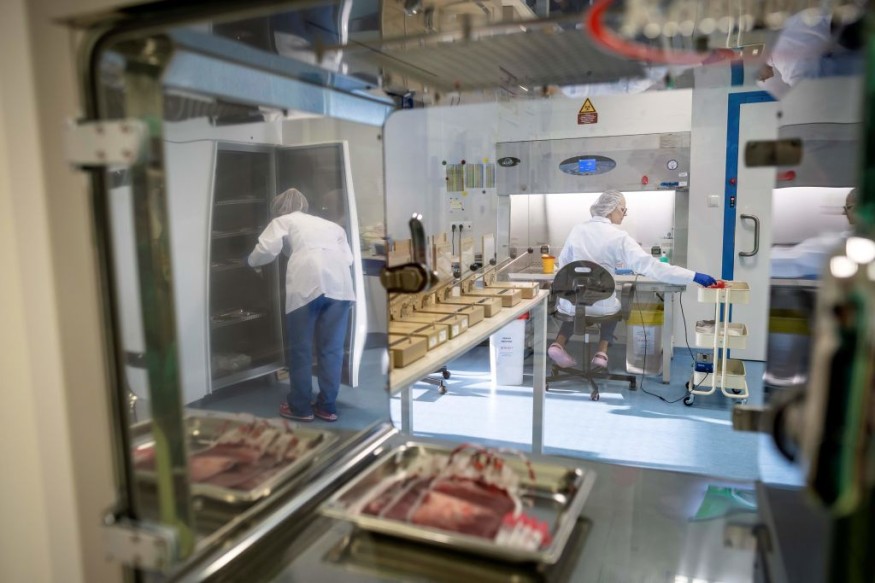Stem cell therapy, or regenerative medicine, has been largely used in modern times to improve multi-faceted areas of human health.
However, cutting-edge regenerative therapy is not as relatively common due to its current stage in infancy in the field of healthcare and the medical industry.
However, a new study by researchers from Harvard University in Boston, Massachusetts, found that fat-based stem cells can be used as a substitute for neural stem cells (NSCs), used as a fuel to conduct stem cell therapy in injured nervous systems.
The research hoped to expand the horizon for a related treatment of the sensory apparatus, not only for humans but for animals as well.
Globally, neurological disorders affect millions of people, especially individuals in the old age group and those with underlying medical conditions related to the nervous system.
Schwann Cells and Regenerative Therapies

In the new study published in the journal Science Translational Medicine on Wednesday, May 24, the researchers from the Harvard Medical School found that Schwann cells in the subcutaneous adipose tissue (SAT) of both humans and mice can be utilized for regenerative therapies.
While the availability of NSCs is not absolute, Harvard researchers said the SAT-based fat stem cells also contain NSC properties.
Thus, the Schwann cells can be used as a substitute in case the said neurological stem cells are not around.
Injured Nervous Systems
To test the efficiency of fat-derived cells, the Harvard researchers integrated the Schwann cells in the gastrointestinal tract of mice and showed enteric neuron properties.
The study asserted that fat in the SAT could be an essential source of limited NSCs, with a potential for treating gastrointestinal motility disorders.
In line with the indication of enteric neuron properties, it pertains to the enteric nervous system, which can--and does--function autonomously.
The said system, along with the sympathetic and parasympathetic nervous systems, makes up the autonomic nervous system.
In previous studies contained in the Encyclopedia of Gastroenterology in 2003 obtained through Science Direct, book author Jackie Wood stated that the enteric nervous system controls the effector systems of the digestive tract, which consists of blood vessels, musculature, and secretory glands.
In relation to the Harvard study, since the said system mainly focuses on digestive processes, fat-based stem cells could also be used other parts of the body with a damaged or injured nervous system.
Still, further research is still required to completely prove the value of Schwann cells.
Stem Cell Therapy
Stem cells or "master cells" are the cells that develop in all of the body's organs, as well as within the brain, blood, and bones.
The advancement of medical knowledge and technology have allowed stem cells to have the potential to replace or regenerate cells.
As a result, stem cell therapy emerged and is widely known for being costly but can treat a number of medical conditions and diseases, according to the U.S. Food and Drug Administration (FDA).
However, the FDA warns patients that not all stem cell treatments are safe since some are illegal and potentially harmful.
Related Article: Scientists Manipulate Stem Cells to Regrow Bones Using Sound Waves
© 2025 NatureWorldNews.com All rights reserved. Do not reproduce without permission.





